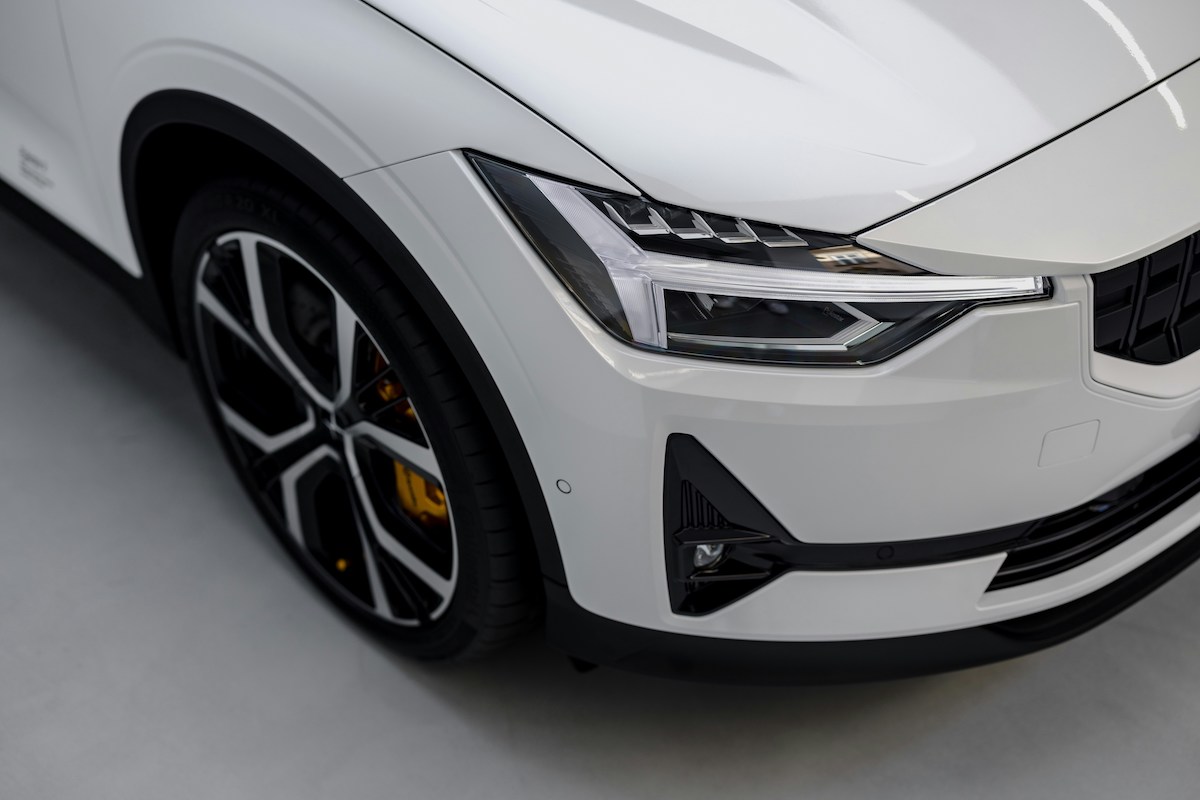The automotive industry has always been a dominant force and a major driver of economic growth in Europe. After all, last year around 13.8 million people were employed in the sector, which had a trade surplus of €117 billion ($128.9 billion). However, as the world gradually moves towards zero-emission transport, the number of electric vehicles on the roads has surged. At the same time, new initiatives from the European Commission aim to accelerate this transition, with the production of new internal combustion engine vehicles being completely banned from 2035. For former key players, this means challenges related to a shortage of skilled labour for new production methods, as well as high costs and unstable supply chains.
Global Demand for Electric Vehicles Grows, but Not in the EU
According to the latest data from market research firm Rho Motion, global demand for electric vehicles, including plug-in hybrids, increased by 20% year-on-year in August. However, Europe experienced its weakest month since January 2023, with a 33% drop, and sales have decreased by 4% since the beginning of the year. In contrast, electric vehicle sales in China saw a record increase of 42% in August, while the US and Canada improved by 8%. These figures indicate that European car manufacturers are facing increasing pressure from China.
Former Leading Manufacturers in Trouble
Interest in combustion engine vehicles is now declining, with consumers currently more in favour of hybrid vehicles rather than fully electric ones. While European automakers have introduced expensive all-electric models, motorists prefer cheaper Chinese alternatives. The growing pressure on the European electric vehicle market is underscored by the fact that renowned brands like Stellantis, Mercedes-Benz, and Volkswagen are losing market share to competitors such as China’s BYD and NIO, which benefit from hybrid models. Consequently, some European carmakers are postponing plans to offer only fully electric vehicles by 2030 and are refocusing on selling hybrids. In July 2024, global sales of fully electric cars saw a year-on-year increase of just 6%, while plug-in hybrids grew by 58%. However, there have been exceptions in the European market, such as BMW, which focused on purely electric models and achieved positive results with a 40% year-on-year increase in July. High production costs for electric vehicles, which are reflected in their prices, are hindering their broader adoption in Europe.
Volkswagen is Closing Factories, Investment in Rivian Offers Hope
At the beginning of the month, Volkswagen announced it would be forced to close some factories for the first time in its history due to weaker demand. Additionally, the company, which has around 680,000 employees in Europe, announced the cancellation of a 1994 employee protection program that guaranteed job security despite economic uncertainties. This has led to a conflict with labour unions. Volkswagen plans to save €10 billion ($11 billion) through restructuring by 2026. Hope for its future also lies in a planned $5 billion investment in a joint venture with American electric vehicle manufacturer Rivian, which could secure a crucial position for both in the changing automotive industry.
Conclusion
European automakers face serious challenges during the transition to zero-emission transport, with high costs and supply issues causing them to lag behind their Chinese competitors. While global demand for electric vehicles is rising, sales in Europe are declining, putting pressure on traditional manufacturers to adapt to new trends and market preferences. Although some companies like BMW are achieving positive results, the overall situation shows that the European automotive industry must quickly adapt to maintain its competitiveness.
Warning! This marketing material is not and should not be considered investment advice. Past performance data does not guarantee future returns. Investing in foreign currencies may affect returns due to fluctuations. All securities transactions may result in both profits and losses. Forward-looking statements represent assumptions and current expectations, which may not be accurate or could be based on the current economic environment, which is subject to change. These statements do not guarantee future performance. InvestingFox is a trademark of CAPITAL MARKETS, o.c.p., a.s., regulated by the National Bank of Slovakia.
Sources:
https://evmarketsreports.com/reviving-eu-competitiveness-draghis-roadmap-for-the-automotive-sector/
 English
English
 Slovak
Slovak
 Czech
Czech
 Hungarian
Hungarian
 Italiano
Italiano
 Polish
Polish





